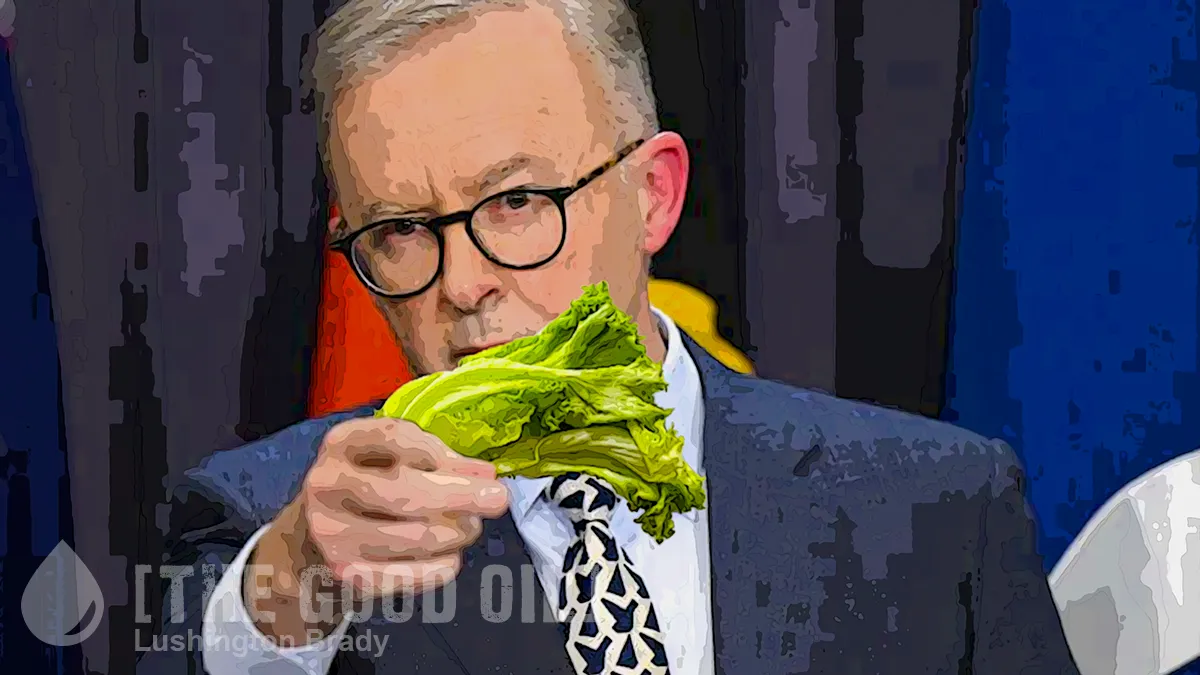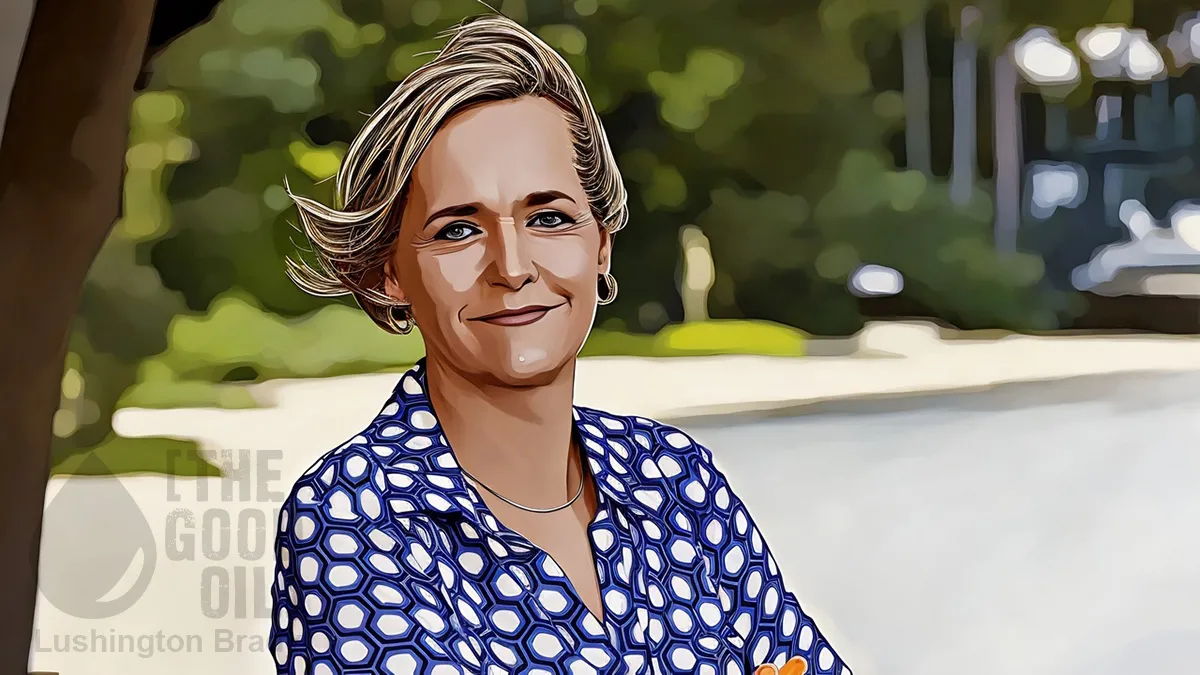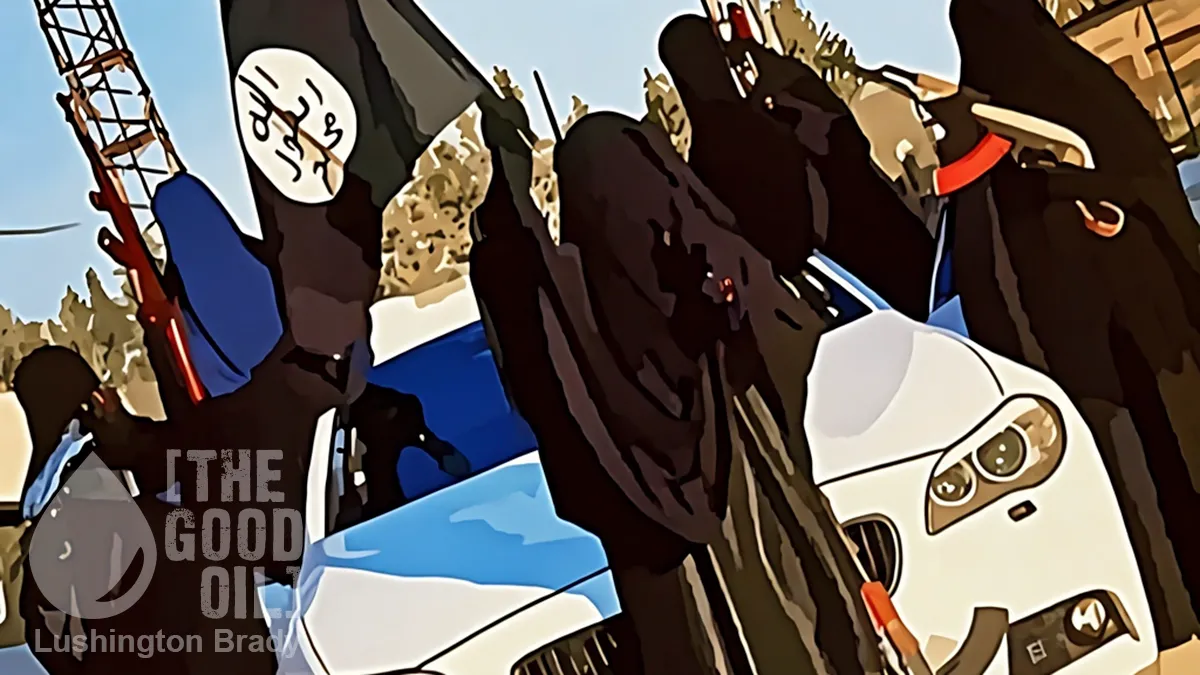Table of Contents
I’ve heard more credible threats from emaciated weaklings brandishing a damp lettuce leaf. Anthony Albanese’s threat this week of a double dissolution is an even less convincing bluff than Kim Kardashian playing poker in mirrored sunglasses.
Anthony Albanese left open the possibility of a double dissolution election on Tuesday, but the prospect has been slammed by the Greens and political commentators who say it’ll never happen.
A double dissolution, in which both houses of parliament are dissolved at an early election (rather than the normal half-Senate election), is made possible when a piece of legislation is rejected by the upper house twice, with at least three months between each attempt to get it passed. Albanese is facing at least two double dissolution triggers.
If the government puts its Help to Buy bill to the Senate for a vote this week and it’s rejected, Labor would then need to wait three months before putting the bill to a vote in the upper house again.
So, why wouldn’t Albanese hit the nuclear button and go for a double dissolution? ‘Crash through or crash,’ as Labor demigod Gough Whitlam put it.
Because a crash is infinitely more likely.
For a start, double dissolutions are a notoriously double-edged sword. Of seven double dissolution elections in Australia, only one, in 1951, got the government what it wanted: control of the Senate and the means to push through the rejected bills.
It’s historically twice as likely to be a disaster for the government: in two double-dissolution elections, the government lost power completely (in the remaining four, the election made almost no difference).
The only way Albanese would dare risk a double dissolution would be if he and his government were riding high in the polls. As I’ve been reporting, though, that is very far from the case. Most polls now have the government head-to-head with the coalition likely a nose ahead.
Even worse, the timing would be diabolical for the government.
That would mean the Prime Minister would have to recall parliament in the week before Christmas.
He would then need to call a DD election by Australia Day, at least six months before the three-year parliamentary term of the House of Representatives ends.
Australians resent early elections at the best of times: interrupting everyone’s holidays – not to mention the cricket on the telly – with an election campaign would have the electorate ropeable.
The government’s fortunes are hardly likely to improve as the second half of 2024 rolls on. Every day, it seems, there’s another headline showing a chaotic government all at sea with events and with itself.
The recent shock decision by Environment Minister Tanya Plibersek to overturn a major gold-mining project on the say-so of a dodgy ‘indigenous’ group, is setting off alarm bells in an already worried business community. The Business Council of Australia has publicly whacked the PM over the nose – and he, in turn, is smacking his own minister.
Opposition environment spokesman Jonno Duniam says Anthony Albanese and Environment Minister Tanya Plibersek “are still not aligned” on the potential inclusion of the climate trigger in environmental legislation.
The Prime Minister has now repeatedly ruled it out after Ms Plibersek last week told miners that “I’m not going to pretend to you that there’s no discussion of climate considerations as part of this negotiation”.
But the really nuclear-hot issue of this election, as across the West, is immigration. It’s going from bad to worse on that front for Australians.
Opposition immigration spokesman Dan Tehan has anticipated that figures expected this week will show higher-than-expected immigration to Australia, beyond the government’s target.
“The government has said that they want to reduce the numbers, they’ve said that they want to hit their net overseas migration target,” Mr Tehan told Sky News.
The issue of a government going soft on foreign criminals just isn’t going away, either, despite Albanese’s sacking of Andrew Giles as immigration minister.
Government frontbencher Murray Watt avoided answering a question about whether the government would intervene in the case of a Colombian sex offender whose Australian visa was reinstated by the Administrative Appeals Tribunal last month.
The Australian revealed on Monday that the man, who masturbated in front of a teenager, had been allowed to remain in Australia under the government’s Direction 110. That ministerial direction came after sustained pressure on the government’s previous Direction 99.
At this point, it’s hard to see anything is likely to do much to revive the government’s fortunes. A double-dissolution election would be a crazy decision rather than brave; however, clinging to office for the next six months is merely prolonging the inevitable.









